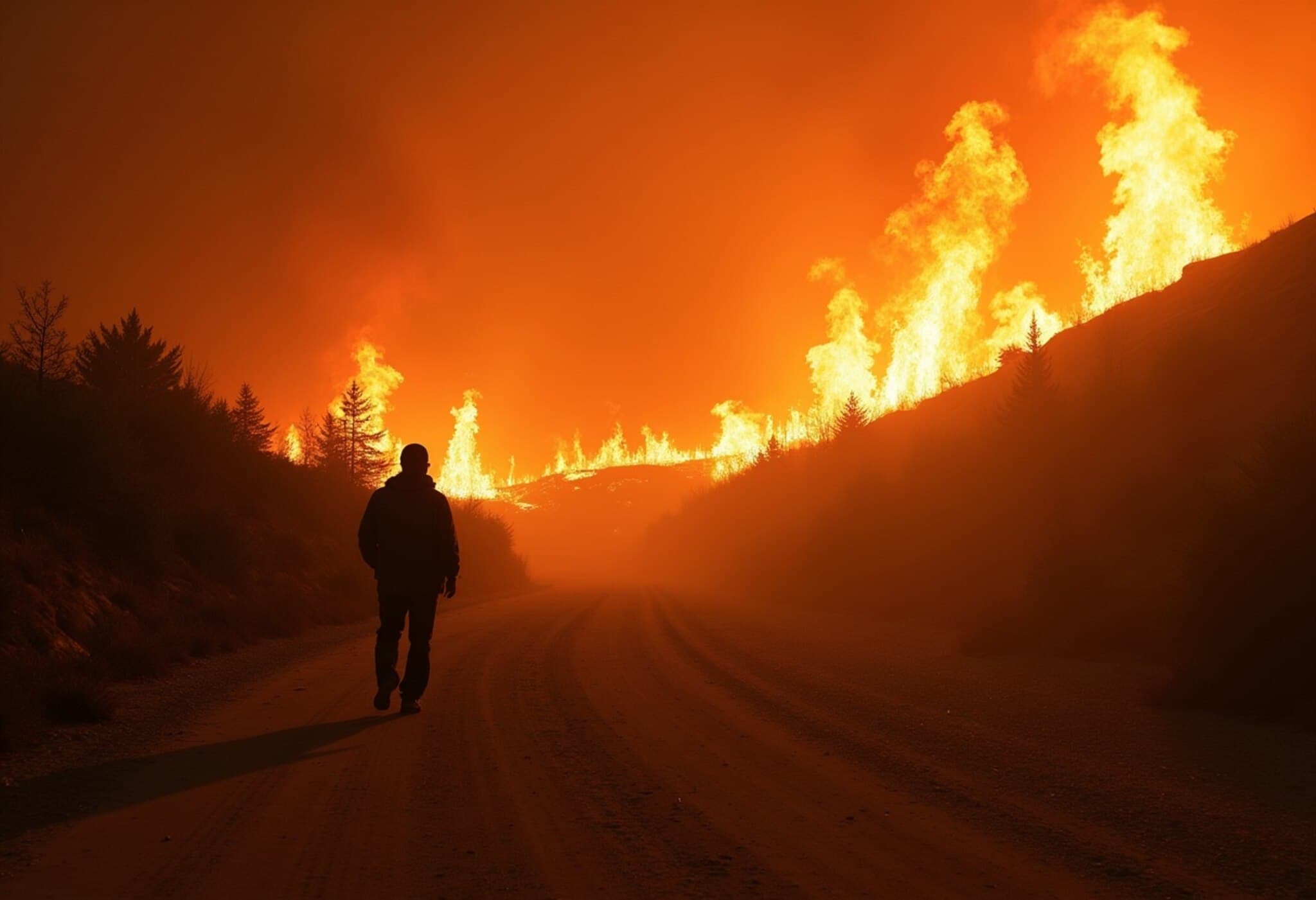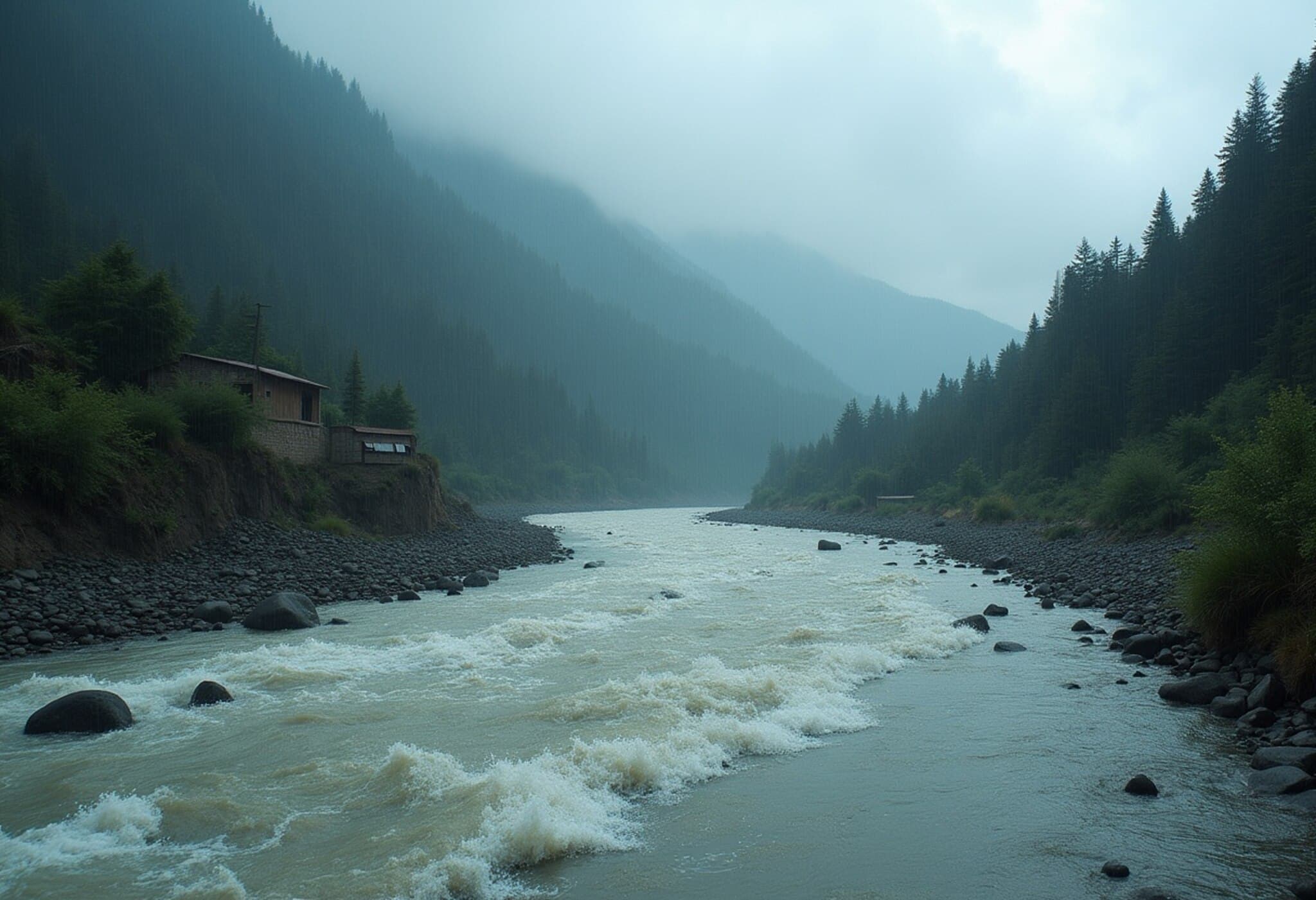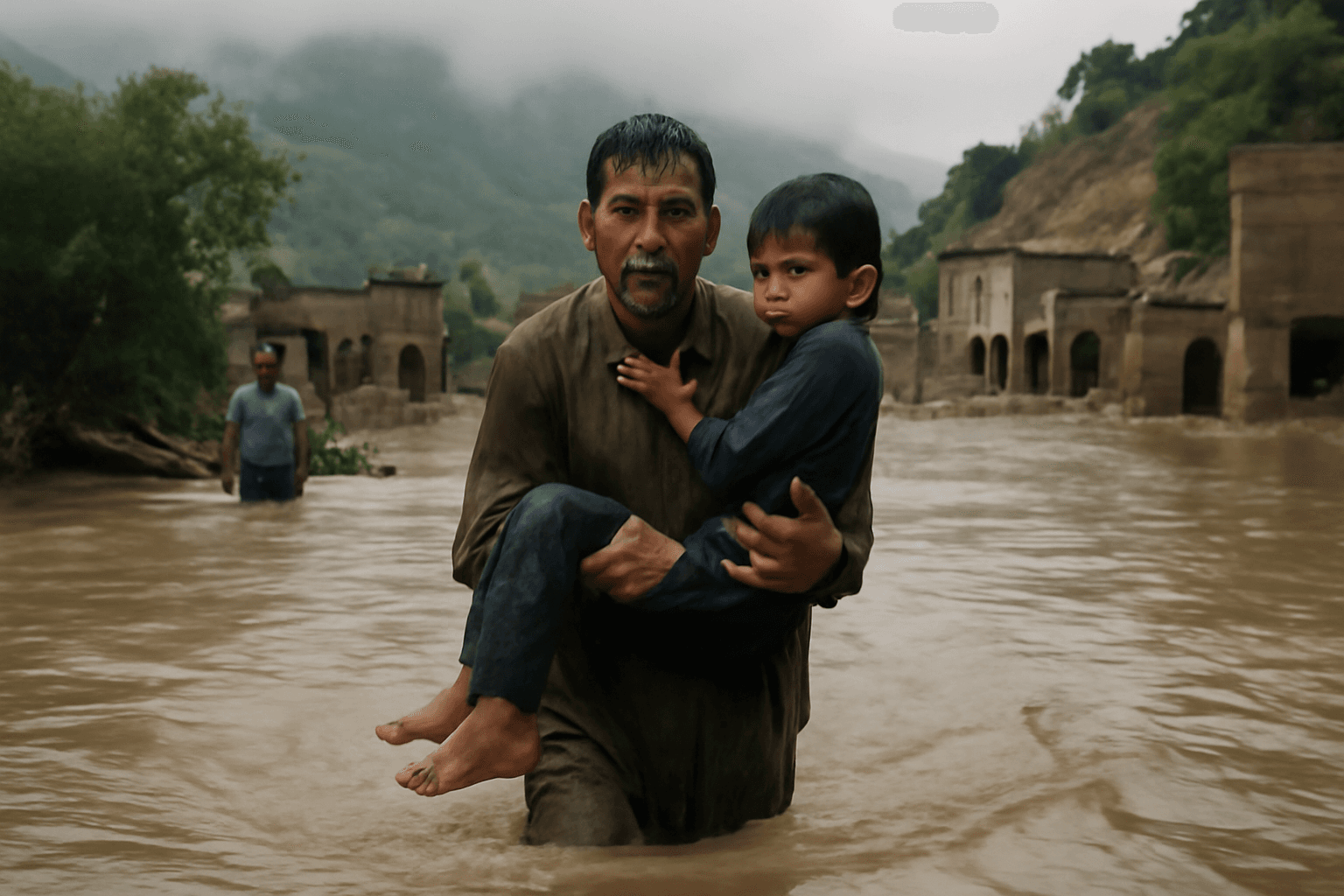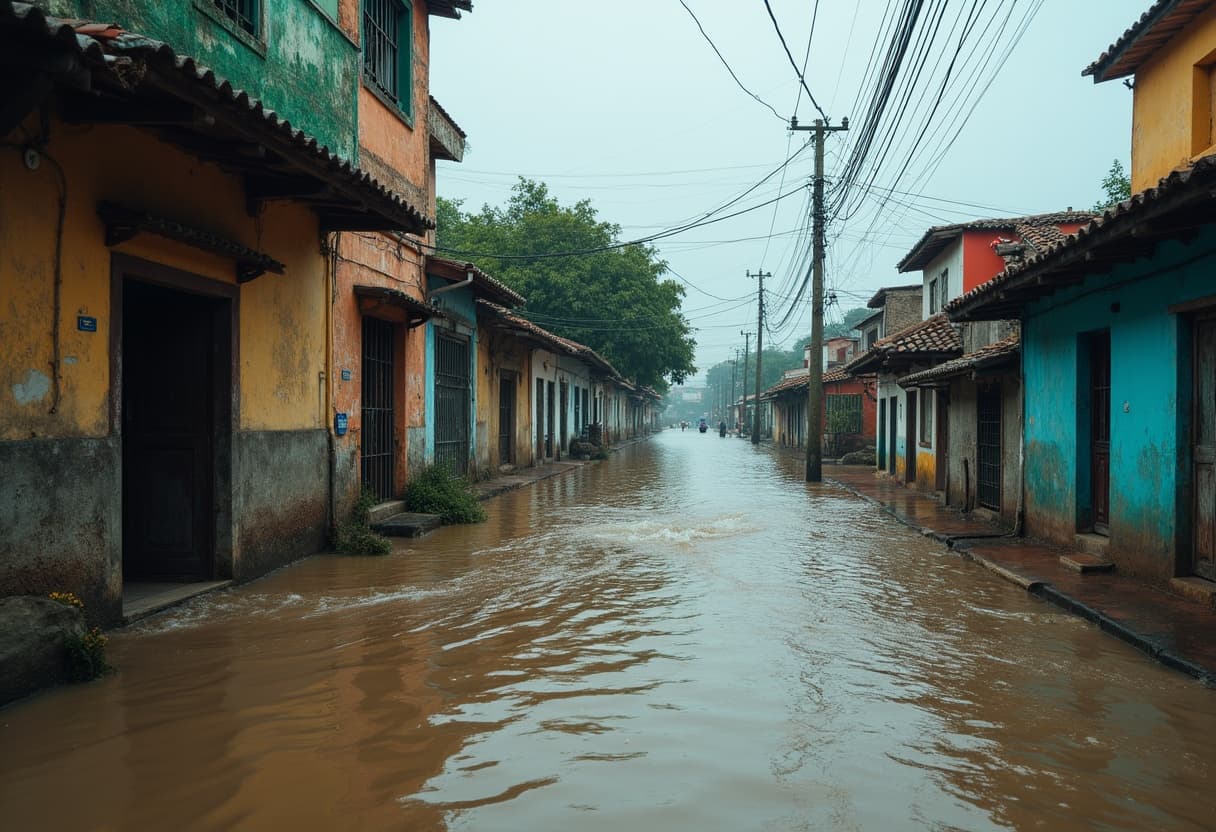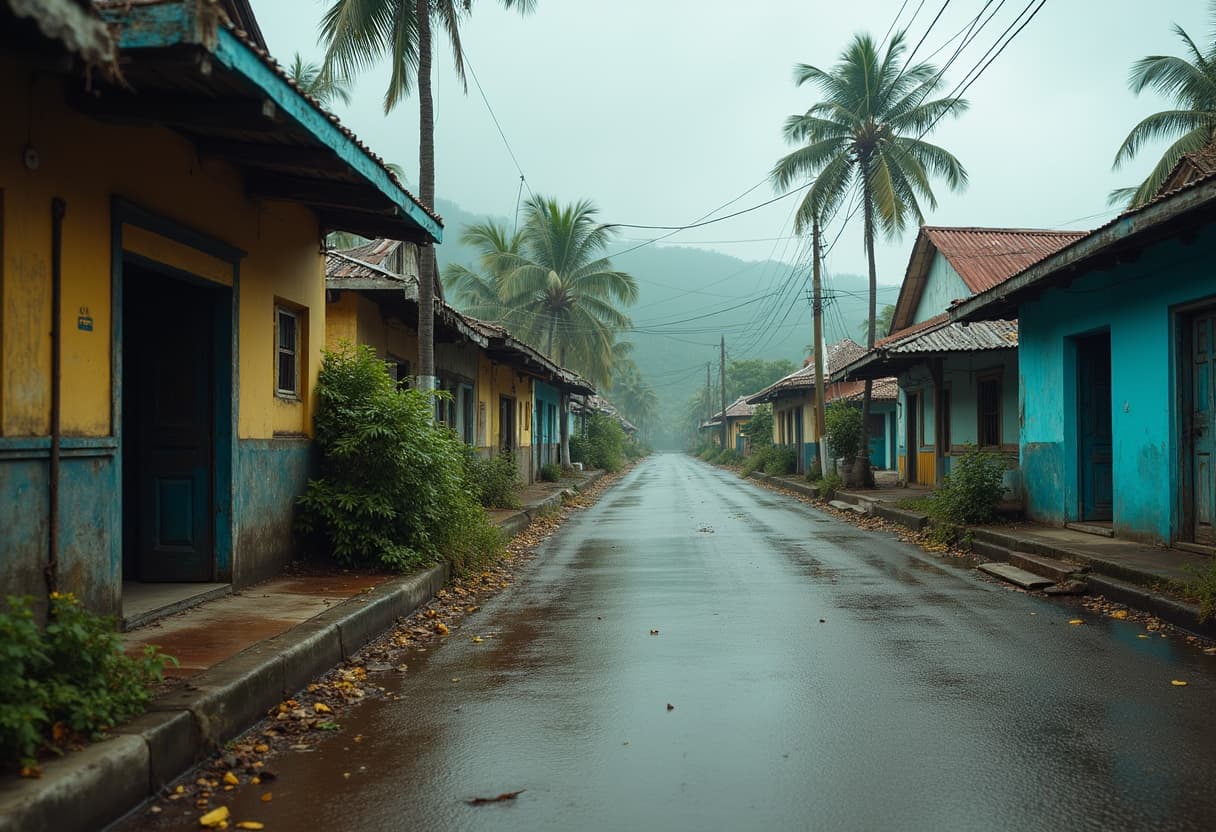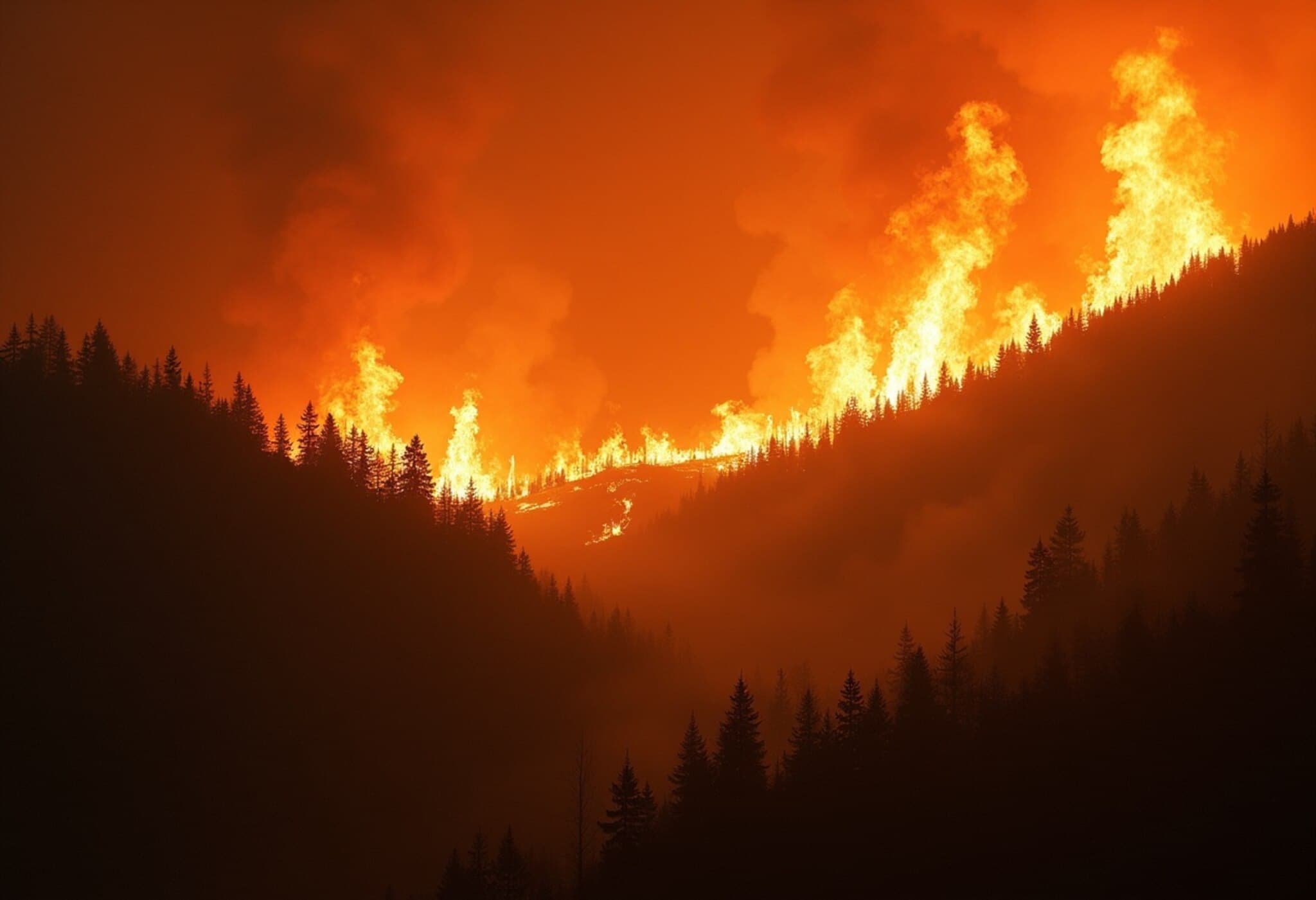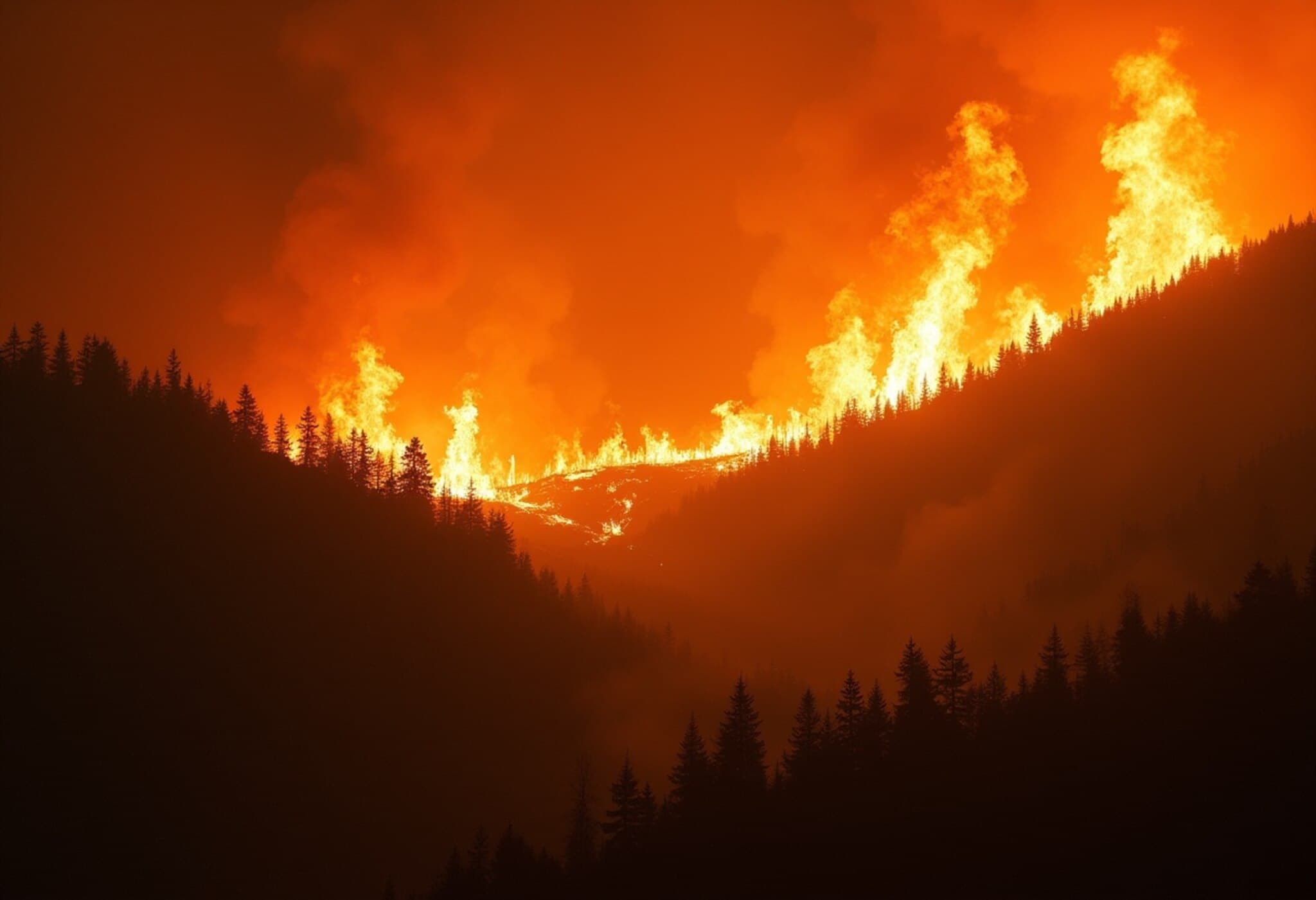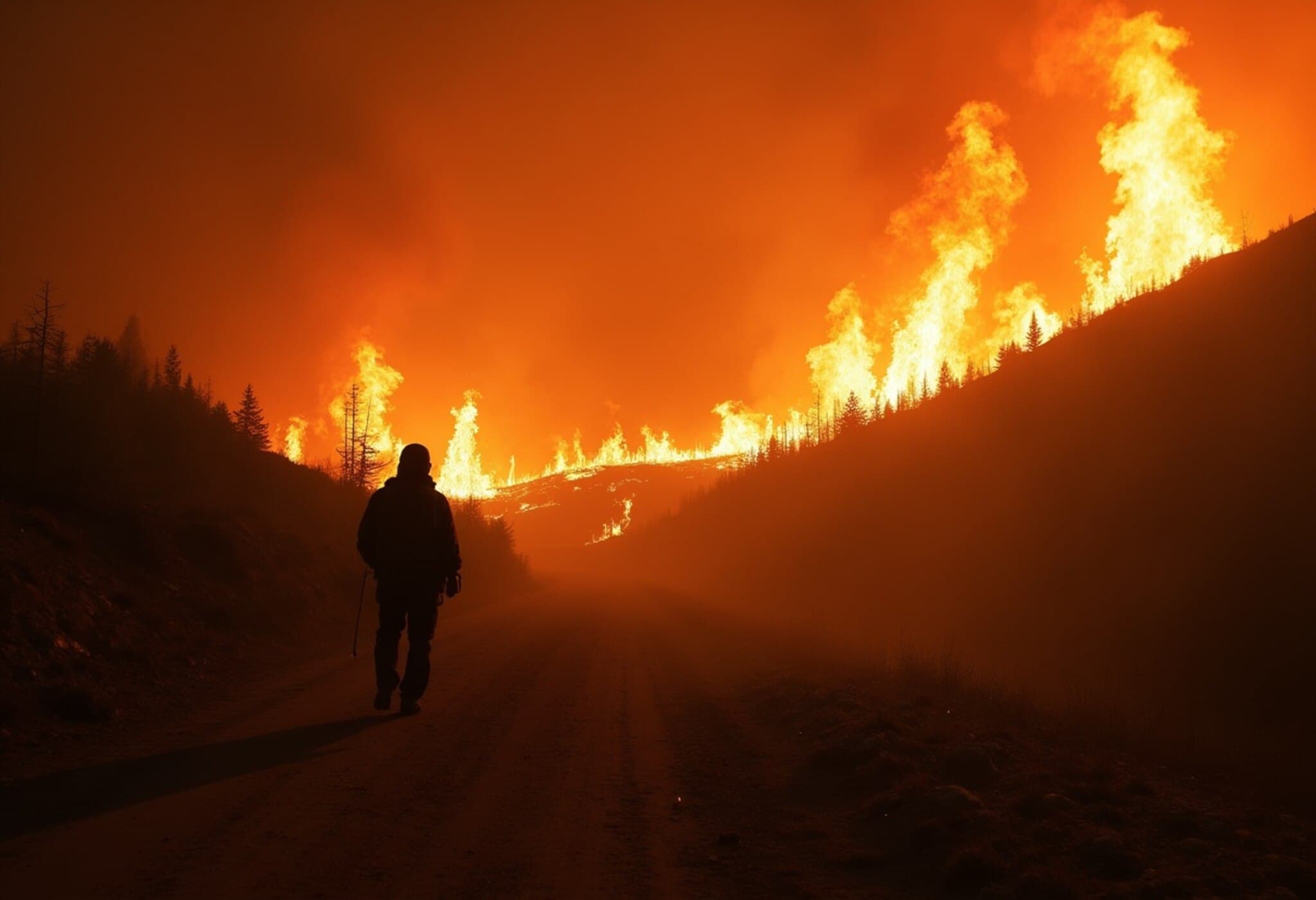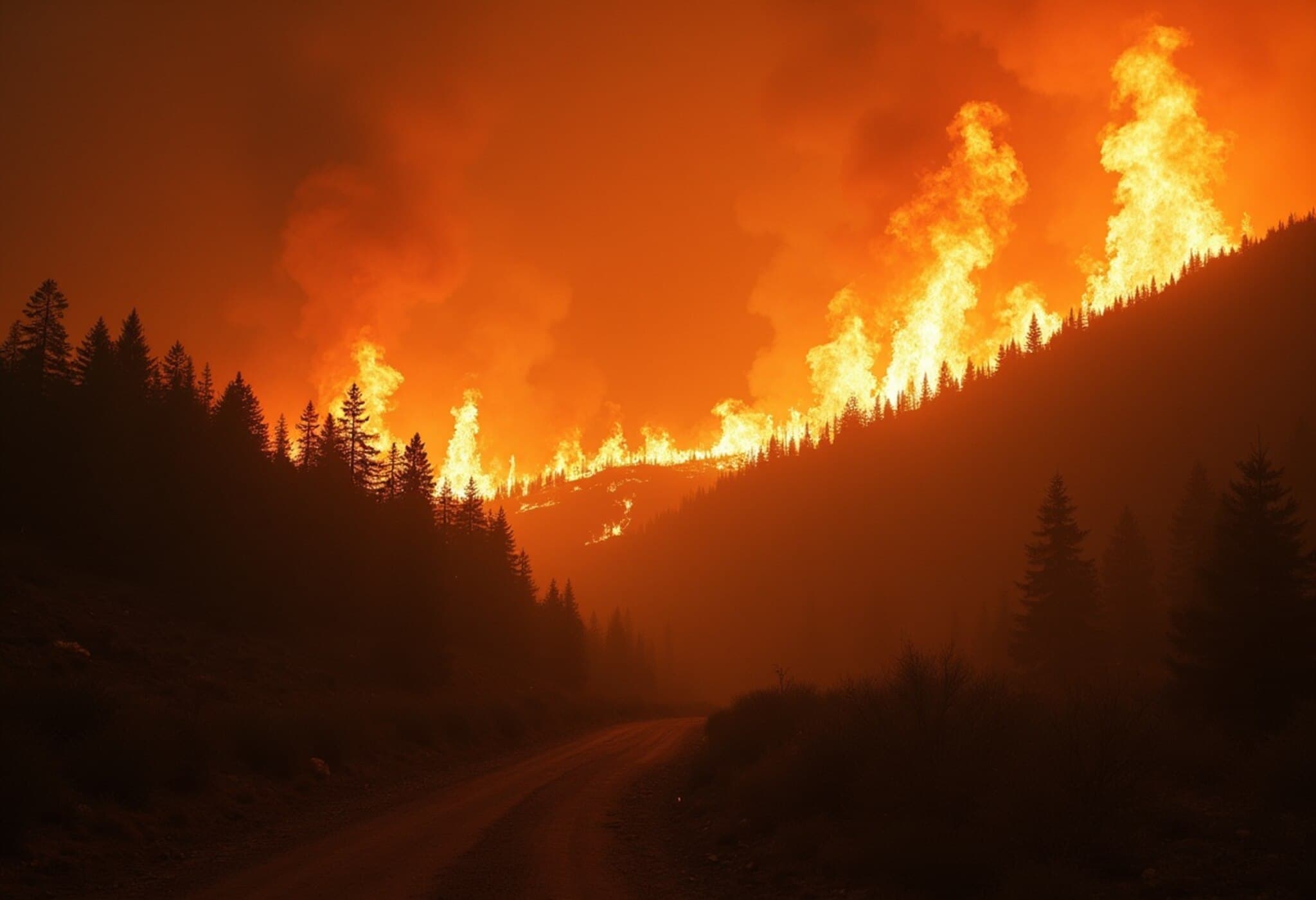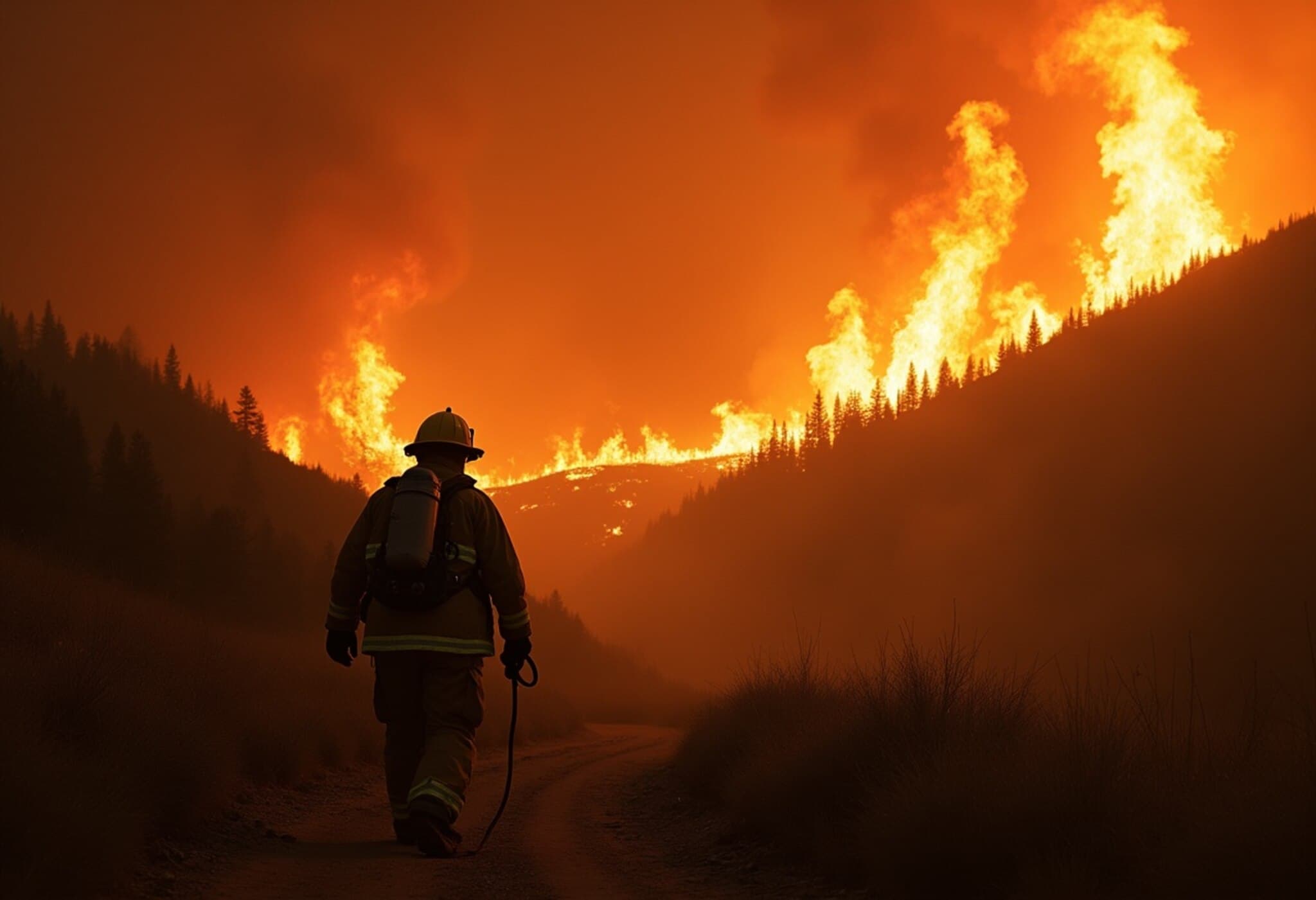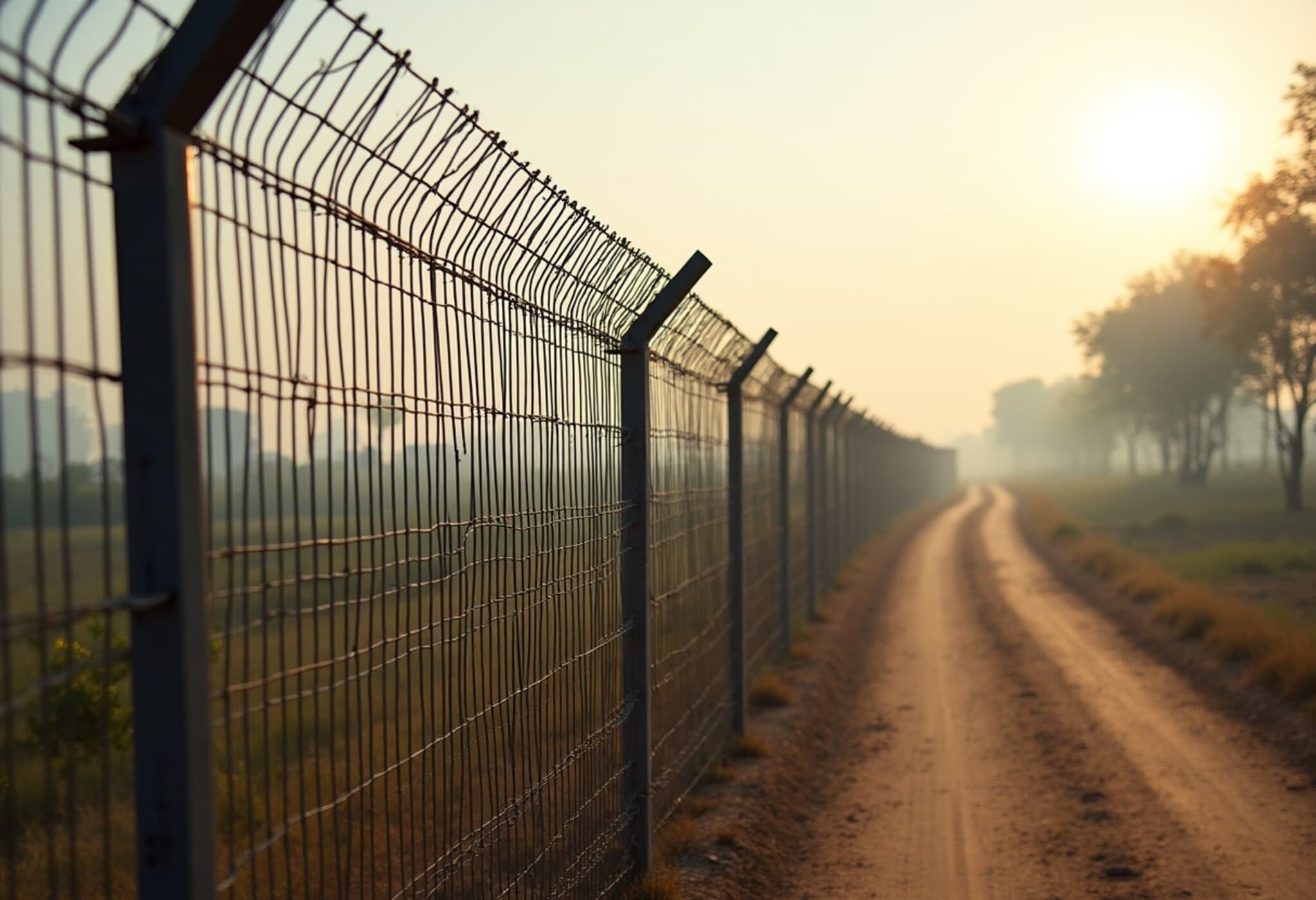Spain Faces Devastating Impact of One of Its Longest Heatwaves
This summer, Spain endured its third-longest heatwave on record, culminating in a tragic loss of more than 1,100 lives from August 3 to 18, 2025. The Carlos III Health Institute’s recent data revealed 1,149 excess deaths during this period, highlighting the severe toll of soaring temperatures. While not all deaths are directly attributed to heat, climatologists and health experts agree this figure underscores the mounting human cost as global warming intensifies extreme weather events.
Wildfires Ravage Northern Spain, Compounding Human Suffering
As the relentless heat finally eased, urgent new threats emerged. Massive wildfires, particularly across northern regions, forced multiple rounds of evacuations, disrupting lives and igniting fears among affected communities.
Prime Minister Pedro Sánchez underscored the gravity of the situation during his visit to the command post in Jarilla, Cáceres, officially designating the hardest-hit areas as disaster zones. Nearly 2,000 troops have been mobilized countrywide, bolstered by tactical support from France, Italy, and the Netherlands—an indication of the emergency’s scale and the cross-border cooperation required to tackle it.
Communities Under Threat in Castilla y León and Extremadura
- Palencia Region: Residents of Cardaño de Arriba faced a second evacuation within days as wildfires advanced from Barniedo de la Reina toward Alto Carrión.
- Multiple Fire Fronts: Seven major fires, including in Boca de Huérgano and Caín de Valdeón, kept thousands on edge, while smaller blazes heightened regional alarms.
- Jarilla Blaze in Extremadura: One of the most destructive fires engulfed over 15,600 hectares, spreading into Salamanca and threatening towns like Jerte and Tornavacas with displacement of thousands.
Public Outcry and Calls for Systemic Change
The widespread destruction has sparked significant public frustration. Citizens voicing their concern and anger are organizing protests—most notably a rally planned for Valladolid under the banner, "Against the fire of inaction: Prevention and resources now!" Advocates demand increased investment in fire prevention and firefighting resources, along with accountability from regional leadership in Castilla y León.
Contextualizing Spain’s Crisis Amid Global Climate Trends
Experts emphasize that Spain’s tragic experience is a stark warning of the broader implications of climate change. The unprecedented combination of prolonged heatwaves and expansive wildfires is not an isolated phenomenon but part of a disturbing global pattern signaling intensified risks ahead.
From a policy perspective, the current crisis spotlights urgent needs: bolstered emergency preparedness, enhanced forest management, and integrated international cooperation. Spain’s deployment of troops alongside European allies highlights a model for transnational responses to climate-induced disasters.
Looking Forward: What Lies Ahead for Spain?
While improved weather conditions have allowed some residents to return home, the threat of renewed fires persists, especially given two active fire fronts and unpredictable weather variables. Authorities continue to monitor multiple hotspots with high alert levels, emphasizing that recovery and containment efforts will require sustained vigilance.
Expert Insight: Balancing Immediate Response and Long-Term Strategy
Climate and public health specialists advocate for a dual approach:
- Immediate Action: Rapid deployment of firefighting resources and evacuation protocols to minimize loss of life and property.
- Strategic Planning: Investment in climate adaptation, fire-resistant infrastructure, and public awareness to dampen future risks.
Spain’s experience serves as a sobering reminder that heatwaves and wildfires, once rare, are becoming the new normal—forcing societies worldwide to rethink resilience frameworks.
Editor’s Note
The unfolding tragedy in Spain transcends a mere weather disaster. It lays bare the intertwined vulnerabilities of climate change, public health, and government readiness. As temperatures climb and forests burn with alarming frequency, the pressing question remains: Are policymakers and communities prepared to confront these escalating crises with the urgency and resources they demand? Spain’s ordeal calls for not only immediate humanitarian aid but also a robust, forward-thinking strategy aligned with global climate realities.

